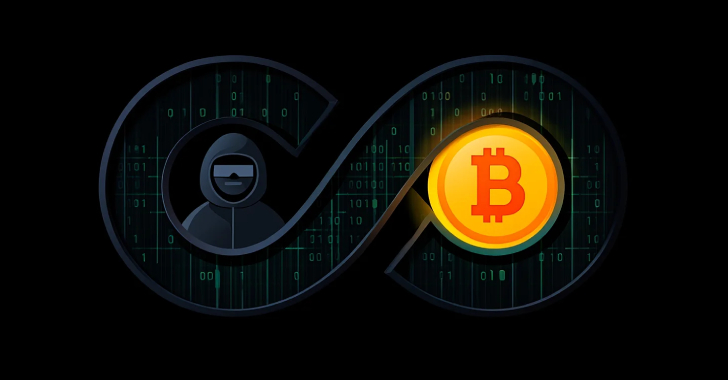
Overview of Payment Card Industry Data Security Standard (PCI DSS) Compliance Solutions
Introduction
In the digital age, payment card transactions have become an essential part of our daily lives. However, with the rise in data breaches and cybercrime, securing payment card data is of utmost importance. The Payment Card Industry Data Security Standard (PCI DSS) was established to provide guidelines and standards to protect cardholder data. Compliance with the PCI DSS is crucial for organizations that handle, transmit, or store payment card information. To help organizations meet the requirements of PCI DSS, various compliance solutions have emerged in the market. This article provides an overview of PCI DSS compliance solutions and their importance.
- Tokenization and Encryption
Tokenization and encryption are widely used methods for securing payment card data. Tokenization replaces sensitive cardholder data with a unique identifier, known as a token. This token can be used for transactional purposes, while the actual card data is stored securely elsewhere. Encryption, on the other hand, uses algorithms to mathematically scramble payment card data, making it unreadable to unauthorized individuals. These solutions provide an added layer of protection to cardholder data during storage and transmission.
- Secure Payment Gateways
Secure payment gateways play a vital role in ensuring PCI DSS compliance. Payment gateways are responsible for securely transmitting payment card data between the merchant’s website and the payment processor. Compliance with PCI DSS mandates that payment card data must never be stored on the merchant’s servers. Secure payment gateways facilitate this by securely transmitting data and ensuring that the payment card information is not exposed or accessible to unauthorized individuals.
- Point of Sale (POS) Systems
Point of Sale (POS) systems are a crucial component for merchants and retailers in handling payment card transactions. PCI DSS compliance requires secure processing of payment card data at the point of sale. POS systems that are PCI DSS-compliant employ various security measures, such as encryption, to protect cardholder data during the transaction process. They also ensure that sensitive data is not stored locally, reducing the risk of exposure in case of a breach.
- Vulnerability Scanning and Penetration Testing
Vulnerability scanning and penetration testing are essential components of a PCI DSS compliance program. These solutions help identify potential vulnerabilities within the organization’s network and systems that could lead to unauthorized access or data breaches. Vulnerability scanning tools conduct automated scans to detect weaknesses in the network and systems. Penetration testing, on the other hand, involves simulating an attack on the organization’s infrastructure to identify vulnerabilities that could be exploited. Regular scanning and testing help organizations address and mitigate potential security risks.
- File Integrity Monitoring
File integrity monitoring (FIM) solutions help organizations ensure the integrity of critical system files and configurations. FIM tools continuously monitor and detect any changes made to files, configurations, and directories. This helps identify unauthorized changes that could potentially compromise the security of cardholder data. By monitoring and alerting organizations of any suspicious activity or unauthorized alterations, FIM solutions contribute to maintaining PCI DSS compliance.
- Security Information and Event Management (SIEM)
SIEM solutions collect and analyze security event log data from various sources within an organization’s network. They provide real-time monitoring and analysis of security events, allowing organizations to proactively detect and respond to potential threats. SIEM solutions help organizations meet PCI DSS requirements related to log management, event monitoring, and incident response. They enable organizations to identify and investigate security incidents promptly and efficiently, minimizing the potential impact of a data breach.
- Security Awareness Training
Human error remains a significant factor in many data breaches. PCI DSS compliance solutions also include security awareness training programs to educate employees about the importance of data security and their role in protecting cardholder information. These programs cover topics such as phishing attacks, password management, and social engineering awareness. By raising awareness and providing training, organizations can reduce the risk of internal security breaches and enhance overall PCI DSS compliance.
- Managed Security Services
For organizations with limited in-house resources or expertise, managed security services provide a cost-effective solution for PCI DSS compliance. Managed security service providers offer outsourced security solutions, including monitoring, incident response, and compliance management. They help organizations meet the requirements of PCI DSS by providing 24/7 monitoring, security analyses, and response to potential threats.
Conclusion
Complying with the Payment Card Industry Data Security Standard (PCI DSS) is crucial for organizations that handle payment card data. By implementing appropriate compliance solutions, organizations can secure cardholder information, protect against data breaches, and maintain customer trust. From tokenization and encryption to secure payment gateways and POS systems, the range of compliance solutions available provides organizations with the tools necessary to achieve and maintain PCI DSS compliance. Furthermore, solutions such as vulnerability scanning, FIM, SIEM, security awareness training, and managed security services help address the ever-changing threat landscape and ensure ongoing compliance. Overall, investing in PCI DSS compliance solutions is not only a smart business decision, but also a necessary step in safeguarding cardholder data in today’s digitally interconnected world.
Contact Cyber Defense Advisors to learn more about our GDPR Compliance solutions.





